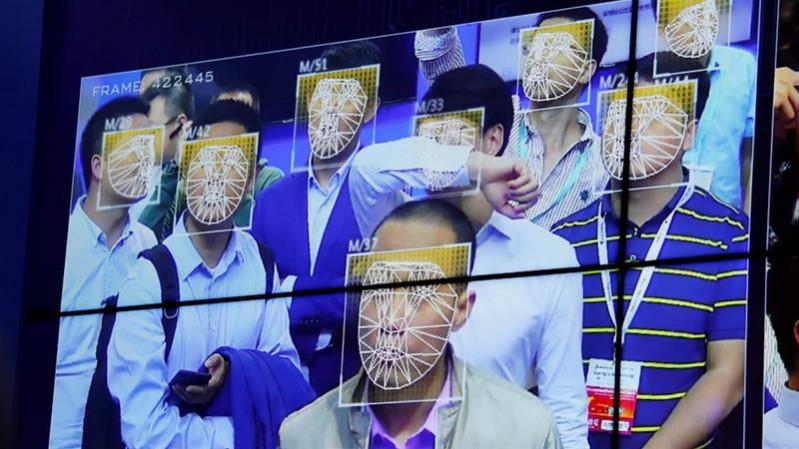Human rights lawyers in China are increasingly getting their licenses revoked since 2018 in what activists claim is the government's systematic way of effectively silencing them without garnering attention though arrests, according to reports.
Human rights activists stated that by debarring the lawyers, it deprives the livelihood and affects the families. "The ongoing disbarment continues to serve as an effective tactic by the Chinese government to further diminish the space for human rights advocacy," said Yaqiu Wang, a researcher at Human Rights Watch was quoted as saying to AFP.

According to reports, while the lawyer's license is revoked due to crimes such as bribing judges, other ambiguous charges such as "seriously disrupting court order" are increasingly being used. Other charges such as "subversion of state power" was used by a Chinese court to sentence Wang Quanzhang who was sentenced to four and a half years in prison in January.
The sweep by the Chinese government began on July 9, 2015, after around 300 Chinese human rights lawyers were detained, questioned in what was later called as "709 crackdown". The crackdown has been called the harshest in the human rights and civil society in decades.
![[Representational image] Prison](https://data1.ibtimes.co.in/en/full/680060/prison.jpg?h=450&l=50&t=40)
Revoking licenses
Revoking licenses have now made people scared to speak up said Xie Yang, a rights lawyer who was tortured in police custody during the detention in 2015.
Chinese legal system does not allow friends and family members to visit a detained individual before sentencing except lawyers which make their role crucial in issues especially those concerning anti-establishment. The lawyers can raise elements related to the case to the public as well as on the media.
Human Right Watch said that as rights lawyers have connected with ordinary people in raising issues related to the human rights abuses in the country, the role of lawyers become crucial.
Removal of such voices and advocates for rights gives the government the opportunity to appoint their own lawyers which will guarantee the interests of the government instead of the client who may be abused by a state party itself, said Yang.
The case of Huang Qi who was sentenced to 12 years in July is known as the country's first "cyber- dissident" and highlighted as the government's efforts to silence. Huang ran a website, that reported on issues including local corruption and others concerning the government.
According to reports, Huang had no access to the public before he was sentenced. His mother- who has stated that she was prevented to leave her house on the day of his trial, said she wasn't informed when Huang was sentenced.

















